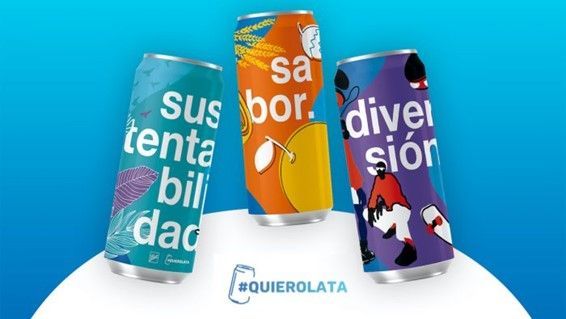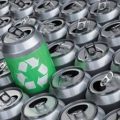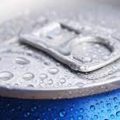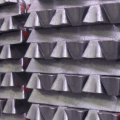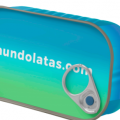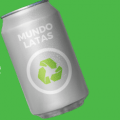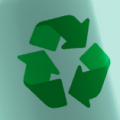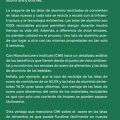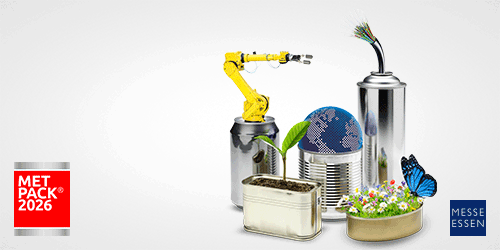“QUIEROLATA”, the movement that promotes can recycling in Latin America to raise environmental awareness
Ball, the world’s largest producer of recyclable aluminum beverage cans, has launched the “QUIEROLATA” movement to boost recycling and consumption of canned beverages in Latin America.
In South America, more than 60% of Brazilians and Argentines consider or have already considered the sustainable features of a package when purchasing their beverages. This is revealed by the study conducted among consumers in several countries by the global consultancy Metaforce in order to investigate their relationship with the packages at the time of purchase and raise awareness about the advantages of this packaging and educate about recycling.
Business to business brands have increasingly sought to connect with this consumer and collaborate for their environmental education and conscious consumption.
The “QUIEROLATA” movement, recently launched by Ball, a world leader in aluminum packaging, seeks to promote the can as the most sustainable consumer packaging, since it is the most recycled in the world with a 69% recycling rate.
In this campaign will work influencers and figures linked to the world of sustainability, environmental care and recycling. The key messages are: a package that best maintains the original properties of each beverage, is easy to transport, retains temperature and is 100% infinitely recyclable.
This movement, started in 2018 in Brazil under the name of VADELATA, and thanks to the success and engagement generated with the public, Ball wanted to expand it to the rest of Latin America . It is about instilling a more conscious lifestyle and a deep knowledge about the impacts that can be minimized from human action.
In Chile, Cenem (Centro de envases y embalajes de Chile) points out that the recycling rate for cans is approximately 45% and that aluminum recycling figures are around 30,000 tons per year. In Argentina, the number is also positive and amounts to 79% of the total number of cans consumed in the country. While in Paraguay, 90% of aluminum is recycled, according to Ball’s estimates.
Sustainable and infinitely recyclable, aluminium is one of the best examples of the circular economy, a model that aims to optimise products throughout their life cycle. In addition, recycling this material consumes only 5% of the electricity and reduces greenhouse gas emissions by 95% compared to the primary aluminium production process.

